Résultats de la recherche pour : Katya Long
Religion and secularism in Poland
In Poland, religious freedom is guaranteed by the 1997 Constitution and by international instruments incorporated into Polish law. The country is also party to most European and universal human rights documents. In 2003, the number of Catholics was estimated at 34,443,998 (90.1 % of the entire population), the number of Orthodox Christians at 510,712 (1.34 %) and the number of Protestants at 162,102 (0.42 %). Surveys of the Centre of Public Opinion Research (CBOS) and the Catholic Church Institute of Statistics have shown that 90 % of the Polish population consider themselves a religious person, whereas the latest CBOS survey (2015) reveals that 50 % of the population participates in mass at least once a week (58 % in 2005). The same survey indicates that the proportion of people who do not attend Church services has increased from 9 % in 2005 to 13 % in 2015. Daily prayer is also in steep decline: from 66 % in 2005 to 43 % in 2015.
Belgique : entre « cours de rien » et cours de philosophie et de citoyenneté
La rentrée scolaire 2015 en Belgique francophone est la première depuis l’arrêt de la Cour constitutionnelle imposant à la Communauté française (Fédération Wallonie-Bruxelles) d’octroyer une dispense du cours de religion ou de morale non confessionnelle à tous les parents (ou aux élèves majeurs) qui en font la demande. Qu’adviendra-t-il de ces élèves dispensés pendant les deux heures ainsi libérées ? Quel impact cette nouvelle organisation peut-elle avoir sur l’avenir de l’enseignement des religions et de la morale à plus long terme ? Les questions sont aujourd’hui nombreuses, et souvent sans réponse claire.
Revue de presse, 9 septembre
Réfugiés
"Pour Laszlo Kiss-Rigó, un évêque du sud de la Hongrie, le pape François ne sait pas de quoi il parle. L'afflux de réfugiés n'est pas une crise humanitaire, mais 'une invasion', explique-t-il" — Hongrie. Un évêque se rebelle contre l'appel du pape pour l'accueil des réfugiés (Courrier International)
Réfugiés : les chrétiens se mobilisent (Un dossier de La Croix)
Revue de presse, 8 septembre
Moyen-Orient
"Une soixantaine d'États, des représentants d'ONG et des grandes agences de l'ONU sont mardi 8 septembre à Paris, à la conférence coprésidée par la France et la Jordanie" — Une conférence pour aider les minorités religieuses et ethniques à rester au Moyen-Orient (Anne Bénédicte Hoffner et Agnès Rotivel, La Croix)
"Un 'plan d'action' va être dévoilé mardi 8 septembre en faveur des minorités persécutées au Moyen-Orient par les djihadistes de l'Etat islamique (EI), à l'occasion d'une conférence internationale organisée à Paris, selon des sources diplomatiques" — Un « plan d'action » en faveur des minorités persécutées au Moyen-Orient (AFP, Le Monde)
Revue de presse, 7 septembre
Entretiens
"Dans son nouveau livre, 2084, La fin du monde, Boualem Sansal imagine l'avènement d'un empire planétaire intégriste. L'auteur redoute la montée en puissance de l'islamisme dans une version 'totalitaire et conquérante'" — Boualem Sansal : du totalitarisme de Big Brother à l'islamisme radical (Alexandre Devecchio, Le Figaro)
"S'il a refusé de s'entretenir avec la journaliste du Monde Ariane Chemin, laquelle a pourtant consacré une série bien garnie à l'auteur, Michel Houellebecq s'est lâché dans la presse britannique. Ces mots, c'est au Guardian qu'il les a confiés, interviewé par Angelique Chrisafis" — Houellebecq : «Je suis probablement islamophobe» (P. Sc., Le Soir)
Revue de presse, 3 septembre
Belgique
"Charles Michel, Jan Jambon et Bart De Wever sont partis à la rencontre de la communauté juive d'Anvers pour parler sécurité" — Sécurité des Juifs : «Des mesures à la hauteur des menaces», selon De Wever (D.V et M.Bn, Le Soir)
"De Joodse gemeenschap in Antwerpen kreeg bezoek van premier Charles Michel (MR) en minister van Binnenlandse Zaken Jan Jambon (N-VA). Het belangrijkste thema: veiligheid" — Michel : 'Nultolerantie voor antisemitisme' (jvt en Belga, De Standaard)
Austria
Austria has, on the one hand, a strong Catholic tradition and on the other hand, has had long experience in coping legally with religious pluralism, due to its geopolitical position in the center of Europe, which created a multi-confessional society in earlier times. Over the last decades this system has expanded, but has also been subject to multiple challenges from developments which are partly converging and partly conflicting: an on-going secularization, a steady increase in religious pluralisation mainly ensuing from a growing number of Muslim and Orthodox immigrants — as well as Catholics with a foreign cultural background —, new forms of spirituality and a growing public interest in religion.
Belgium
Belgium is historically a Catholic country. A few years after the creation of the State in 1830, more than 99 % of its inhabitants identified themselves as Catholic in a survey of the general population. Only a few Protestant and Jewish communities introduced some religious diversity; yet it was enough for the State to grant public subsidies to those communities alongside the powerful Catholic Church. In XIXth century Belgium, the Catholic Church enjoyed wide authority, supported by an expanding network of Catholic schools and the development of a Catholic political party.
Bulgaria
Baptized by Byzantium in 865, Bulgarians adopted the Byzantine Christian tradition known as Eastern Orthodoxy. Muslims constitute the second most significant religious community, thanks to the spread, in the fourteenth century, of Islam during the Ottoman conquest of the Balkans. At the end of World War II, 85 % of Bulgarian citizens were Orthodox and 13 % were Muslim. Tiny congregations of Catholics, Protestants, Jews, etc. also exist. Even though they were suppressed under communism, these religious denominations very quickly returned to the public square once the Iron Curtain had fallen, a tendency which was also stimulated by the 1991 Constitution, which proclaimed full-scale religious freedom.
Croatia
Croatia is a predominantly Catholic country in which religion is significantly present in private life as well as in the public sphere, where its role has been subject to debate. According to 2011 Census data, 86.28 % of the population is Catholic, 4.44 % Orthodox, 1.47 % Muslim, 0.34 % Protestant, 0.43 % member of other religious denominations, and 7.03 % non-religious, atheist, “not declared”, agnostic, sceptic, or “unknown”. A comparison with 2001 Census data reveals almost no changes, while a comparison with 1991 Census data shows that major shifts in the confessional structure have taken place, i.e. an increase of the number of Catholics and a decrease of the number of Orthodox, mainly as a result of the disintegration of former Yugoslavia and the war for Croatian independence. Thus the share of Catholics has risen from 76.5 % in 1991 to 87.97 % in 2001, while the share of Orthodox has dropped from 11.1 % in 1991 to 4.42 % in 2011. There has also been a small but significant rise in the share of non-believers, “not declared”, agnostics and “unknown”: from 3.9 % in 1991 to 7.03 % in 2011 (Croatian Bureau of Statistics, Census data).





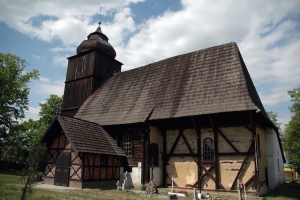
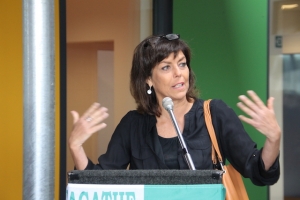
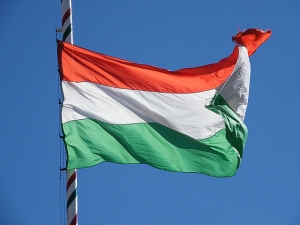
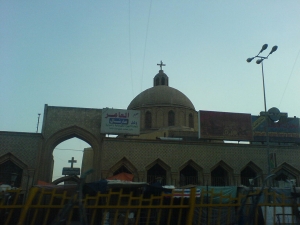
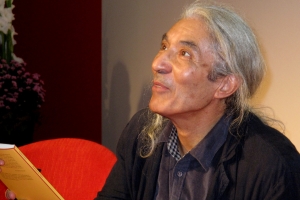

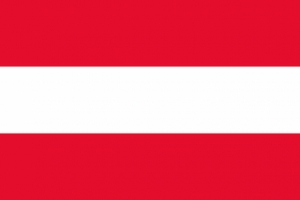
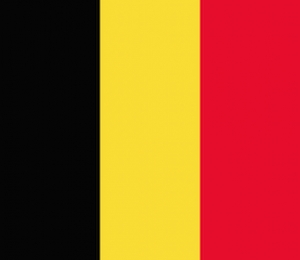
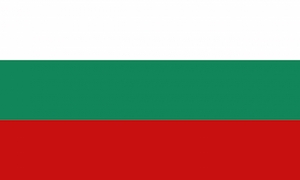
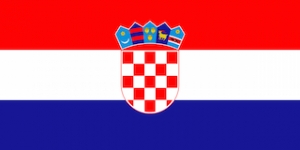
 MangoGem
MangoGem